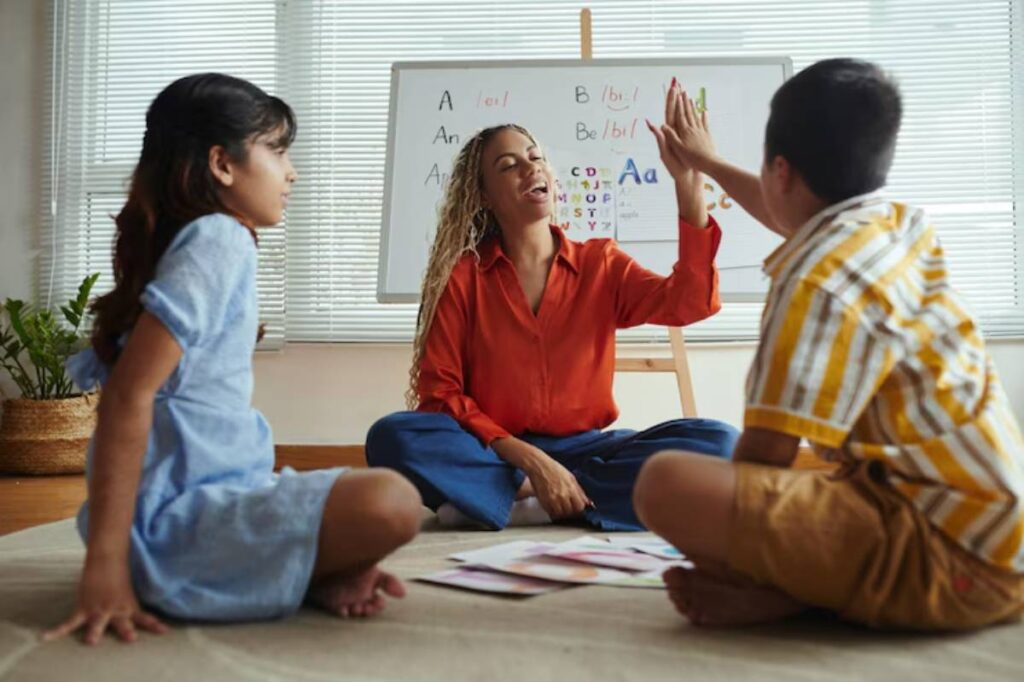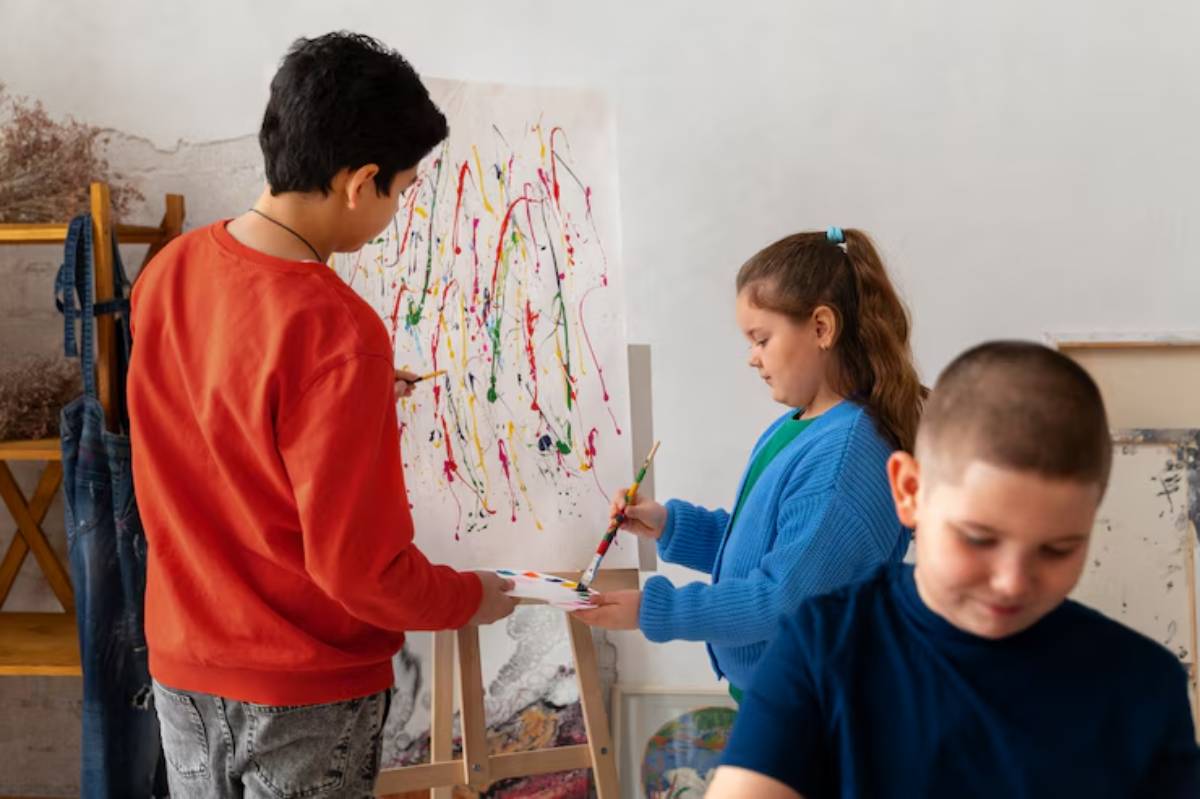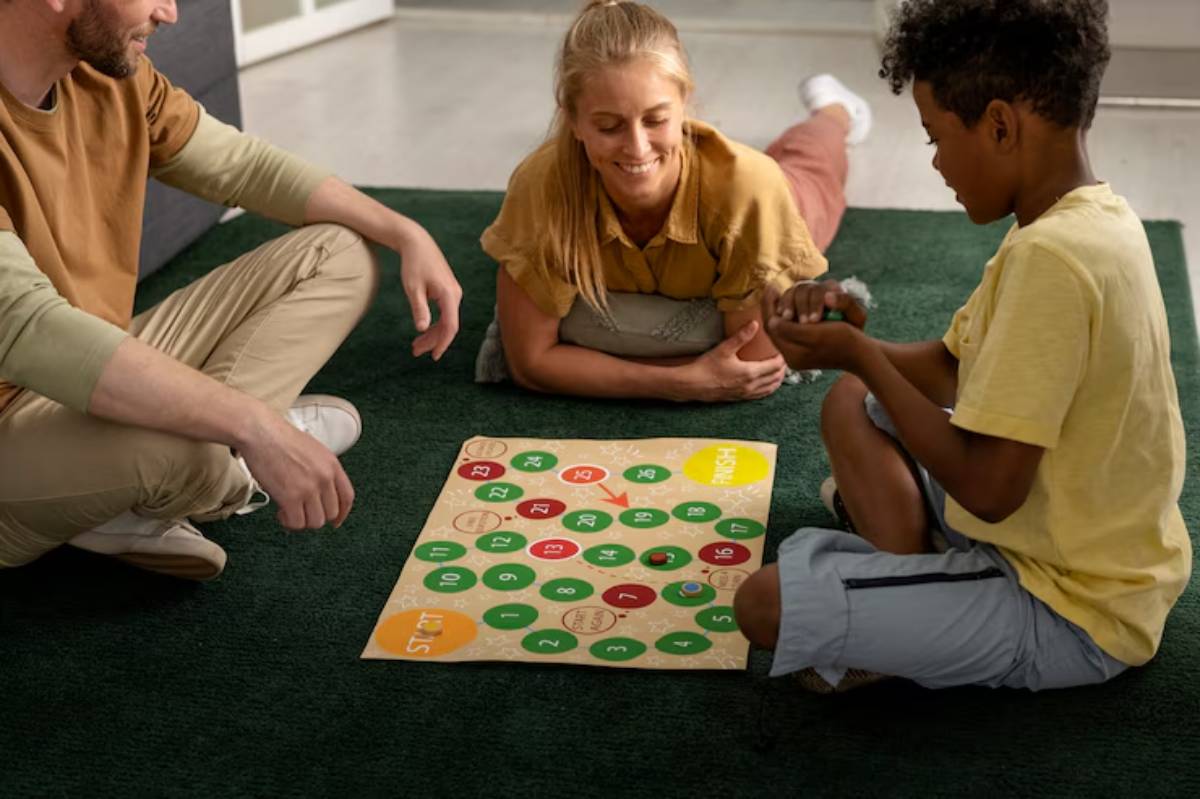The Education Blog

How Homeschoolers Can Build Social Skills
One of the most common concerns among parents considering homeschooling is socialisation. After all, if your child isn’t spending their days in a bustling classroom or a crowded playground, how will they develop essential social skills? It’s a fair question and one rooted in genuine care for a child’s overall growth and well-being.
While traditional schooling does offer plenty of interaction, homeschooling isn’t a social vacuum. In fact, with intention and creativity, homeschooling can provide rich, varied opportunities for social growth. In this article, we’ll explore how homeschoolers can build strong social skills through meaningful student interaction, tailored learning environments, and community engagement. You’ll come away with practical insights into fostering your child’s communication, empathy, and confidence.
Understanding the Value of Social Skills
What Are Social Skills and Why Do They Matter?
Social skills refer to the ways we interact with others. This includes everything from making eye contact and listening actively, to resolving conflicts and showing empathy. For children, strong social skills lay the foundation for:
- Healthy relationships with peers and adults
- Emotional intelligence and resilience
- Confidence in group settings such as classes, clubs, or future workplaces
These skills don’t develop in a vacuum—they need practice and nurturing.
Debunking the Myth: Are Homeschoolers Unsocialised?
Contrary to popular belief, homeschooled children aren’t isolated. A 2019 study by the National Home Education Research Institute found that homeschooled students often outperform their traditionally schooled peers in socialisation metrics. Why? Because homeschoolers typically engage with a wider range of age groups and interact in real-world settings, which can foster maturity and adaptability.
Building Social Skills Through Homeschooling
Creating Intentional Interaction Opportunities
The key to homeschool socialisation is intentionality. You don’t need a crowded school to cultivate social skills, but you do need to seek out and create social contexts.
Here are some ideas:

- Attend community classes: Art, music, dance, and sports classes allow interaction with diverse peers.
- Join local homeschool groups or co-ops: These offer regular meet-ups, collaborative learning, and group activities.
- Organise playdates and group outings: Simple yet effective ways for children to learn turn-taking, sharing, and cooperation.
- Encourage volunteering: Whether it’s helping at an animal shelter or collecting donations, service activities build empathy and teamwork.
Making the Most of Family Interaction
Homeschoolers spend a significant amount of time with family. Far from being a limitation, this can be a strength. Interacting with siblings and parents allows children to:
- Practise negotiation and conflict resolution
- Engage in meaningful conversations with adults
- Learn empathy and patience in a supportive environment
Involving Children in Real-World Experiences
Homeschooling offers the flexibility to turn everyday errands into social lessons. For example:
- A trip to the market can become a lesson in conversation and courtesy.
- Visiting a museum or a farm can encourage curiosity and group discussion.
Homeschool socialisation, in this context, becomes less about mimicry of school and more about preparing children for real life.
Social Skill Development by Age Group
Early Childhood (Ages 4–7)
At this stage, children are just beginning to understand others’ perspectives. Focus on:
- Parallel and cooperative play
- Learning to share and take turns
- Practising basic manners like saying “please” and “thank you”
Play-based learning groups or storytime sessions at local libraries are great starting points.
Middle Childhood (Ages 8–11)
Children start forming deeper friendships and understanding group dynamics.
Key strategies:

- Teach conflict resolution through role-playing or board games
- Encourage team activities like science clubs or theatre groups
- Foster emotional expression through journaling or discussion
A good example of an enriching activity is joining a homeschool co-op that focuses on project-based learning.
Adolescence (Ages 12+)
This is when identity and peer connection become critical. Offer:
- Opportunities for leadership, such as organising a group project or mentoring younger kids
- Spaces for open discussion, including debate clubs or youth forums
- Real-world work experiences, such as internships or part-time jobs
Many teens also benefit from participating in extracurricular activities. For inspiration, explore best extracurricular activities for homeschooled kids.
Using Technology to Support Social Development
Online Communities and Learning Platforms
In today’s digital world, meaningful socialisation can happen online too. Safe, moderated online platforms help:
- Facilitate peer discussions during virtual classes
- Encourage collaborative projects using tools like Google Docs or Zoom
- Provide global perspectives by connecting with learners worldwide
However, it’s important to set boundaries and monitor screen time.
Social Media and Forums
Older homeschoolers may also benefit from moderated forums and interest-based groups, where they can engage in:
- Thoughtful debates
- Creative collaboration
- Community challenges
Just ensure that participation is guided by conversations about digital etiquette and online safety.
Role of Parents in Homeschool Socialisation
Modelling Positive Social Behaviour
Children learn by example. Parents who model respectful communication, active listening, and empathy teach these values more effectively than any textbook.
Encouraging Self-Awareness and Confidence
Help your child:
- Reflect on social interactions (What went well? What could improve?)
- Recognise body language and tone
- Build confidence through praise and gradual exposure to new social settings
You can also support your child in understanding how their learning style influences social interaction. For example, visual learners might prefer written communication or presentations over group discussions.
Overcoming Common Social Challenges in Homeschooling
Managing Shyness or Anxiety
Some children are naturally reserved. That doesn’t mean they lack social skills. Help them build confidence through:
- Role-playing social scenarios
- Celebrating small wins, like starting a conversation
- Providing reassurance without pressure
Addressing Bullying and Conflict
Even outside school, children may encounter conflict. Teach them to:
- Set healthy boundaries
- Use assertive communication
- Seek help when needed
Conflict resolution is a vital social skill that can be taught through storytelling or guided discussion.
Helping Your Homeschooled Child Thrive Socially
Homeschooling, when approached with intention, provides rich and varied opportunities for developing strong social skills. Your child doesn’t need a traditional classroom to thrive socially—they need support, structure, and meaningful interaction. Whether through community engagement, family dynamics, or technology, homeschool socialisation can be both effective and enriching.
Remember, your role as a parent isn’t to replicate school, but to create an environment where your child can learn, grow, and connect in ways that are deeply human. Encourage your child to explore new friendships, express themselves openly, and embrace the diversity of the world around them.
Start small, be consistent, and trust the process. Your child is more capable than you think.









